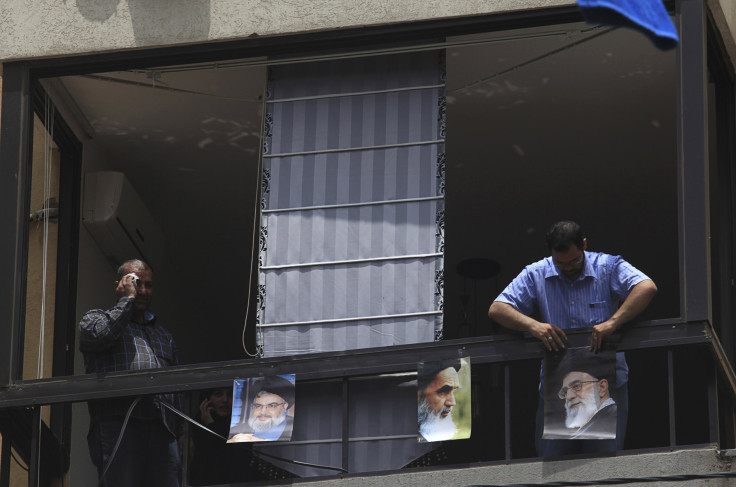UPDATE: Deadly Blasts Strike Near Iran’s Embassy In Beirut, Lebanon, In Hezbollah Stronghold; At Least 23 Killed

Update at 6:06 a.m. EST: The two blasts that exploded during an attack on the Iranian embassy in Beirut have claimed the lives of at least 23 people, the New York Times reported, citing the Lebanese Health Ministry. The report added that it was not yet clear if the victims included Iranian diplomatic personnel.
Twin blasts hit close to the Iranian Embassy in the Lebanese capital, Beirut, killing at least five people, news media reported.
The cause of the explosions in south Beirut's neighborhood of Janah was not immediately clear, and conflicting reports attributed the incident to rocket bombing or explosives planted in a car.
The area is a stronghold of Lebanese militant group Hezbollah, which supports Syrian President Bashar Assad, and is one of Iran’s key allies in the Middle East.
Explosions are not uncommon in south Beirut, where 16 people died in a blast on Aug. 15.
In June, Hezbollah fighters had helped Assad’s forces against Syrian rebels in retaking Qusair, which lies close to the border with Lebanon, Associated Press reported.
© Copyright IBTimes 2024. All rights reserved.












